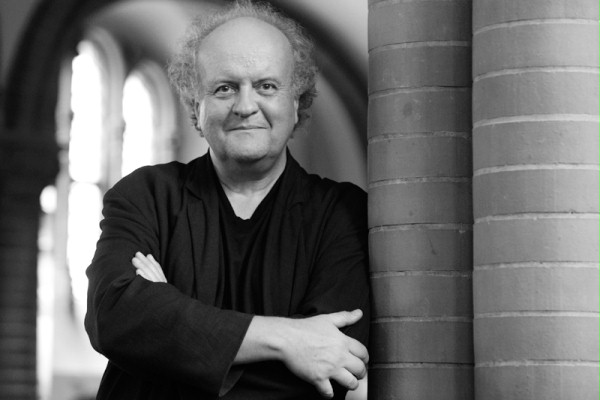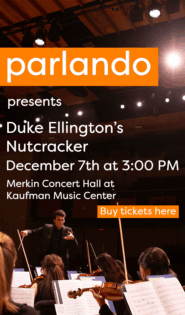Lerdahl, Rihm works illuminate Chamber Music Society program

Wolfgang Rihm’s Sextet was given its U.S. premiere Thursday night by the Chamber Music Society of Lincoln Center.
What actually is “new music”? There is music that is new in the sense that it is recent, but for programs presented as “new music,” there is more than the implication that it offers something that advances the tradition or goes where no previous composer had gone before.
But that proposition only rarely comes to pass. Most newly made compositions rework ideas and methods that have been around in the classical tradition for hundreds of years (this is even more true for atonal music, which had run through all its possible resources shortly past the middle of the 20th century). Not that there’s anything wrong with that–the tradition is so deep and profound that new pieces can still perpetuate and advance it.
Such was the case Thursday night, at the Chamber Music Society of Lincoln Center concert titled “New Music in the Kaplan Penthouse.” Some of the four pieces stretched the definition of new—one was 35 years young—but all of them were examples of the richness and vitality of the classical tradition.
In various configurations the Daedalus Quartet, pianist Gilles Vonsattel, clarinetist Romie de Guise-Langlois, and horn player Jennifer Montone played music from Fred Lerdahl, John Harbison, Helmut Lachenmann, and Wolfgang Rihm. Each piece glances back to acknowledge the presence of a past master, and the aesthetics and values of late 19th and early 20th century music connected each distinctive voice.
Lerdahl’s one movement Quartet No. 3 for Strings was written for the Daedalus Quartet, which premiered it in 2009. Lerdahl mixes strong, graceful harmonic movement and an organic form that contains a free sense of rhythm, timbre, and phrasing. There is an occasional, stimulating gesture toward the opening of Bartók’s String Quartet No. 1, and the constant flow of surprises and satisfactions mark a real high point in history, one where Debussy and Elliott Carter can see speak with each each other. Daedalus’ playing Thursday night dug deeply into the expression of the music.
Harbison’s horn trio, Twilight Music, was performed by Montone, Vonsattel, and Daedalus’ violinist Min-Young Kim. Dating to the mid–80s, the piece is as an extended song without words and, especially in the third and final discernible section, a bit of enjoyable Americana is transmitted through the horn’s soulful music. The writing doubles the horn and violin on melodic lines, an unusual sound that demand some familiarization. Harbison also holds his expressive and formal cards close to the vest, but the piece builds energy and comes to a winning conclusion. The music is relatively lean, and the musicians brought out the best in it through the care they took in articulating phrases.
Vonsattel’s playing of Lachenmann’s Ein Kinderspiel was the only less than ideal performance of the evening. Technical command and exceptional pianism, which Vonsattel has, are besides the point for a work that isn’t music for children. Ein Kinderspiel (1980) is music that a child might make on their own, sitting at the piano, experimenting and goofing around, a reduction of Debussy, Satie, and Cage. It’s best played by a poor pianist. (Lachenmann’s 2010 performance at Miller Theatre in 2010 was done with a marvelously funny and mischievous attitude).Still, Vonsattel’s manipulation of the pedals and the keys in the “Filter Swing” section was mesmerizing, and any performance of the music is welcome.
The finale was Rihm’s Sextet for Clarinet, Horn, and Strings, with all musicians assembled. This was the U.S. premiere of what is a CMS co-commission. Rihm has some of the finest compositional craft in contemporary music, but his mutable voice is often hard to pin down.
The Sextet is full-on late romantic music, with a heavily Germanic flavor. From an atmospheric, turbulent opening, the music seems on a quest, searching and reaching for something just beyond its grasp. There is something of the sound of Brahms, but there also a heavy Wagnerian concept, an expressive and formal instability that creates a fascinating, riverine churn. There are long luminous moments that almost achieve musical and personal serenity, only to spill out into further music. Dense, involving, mystifying, this is music that demands to be heard more widely.
The CMSLC season continues with Mozart and Franck in the Rose Studio, 6:30 p.m. March 31. chambermusicsociety.org


